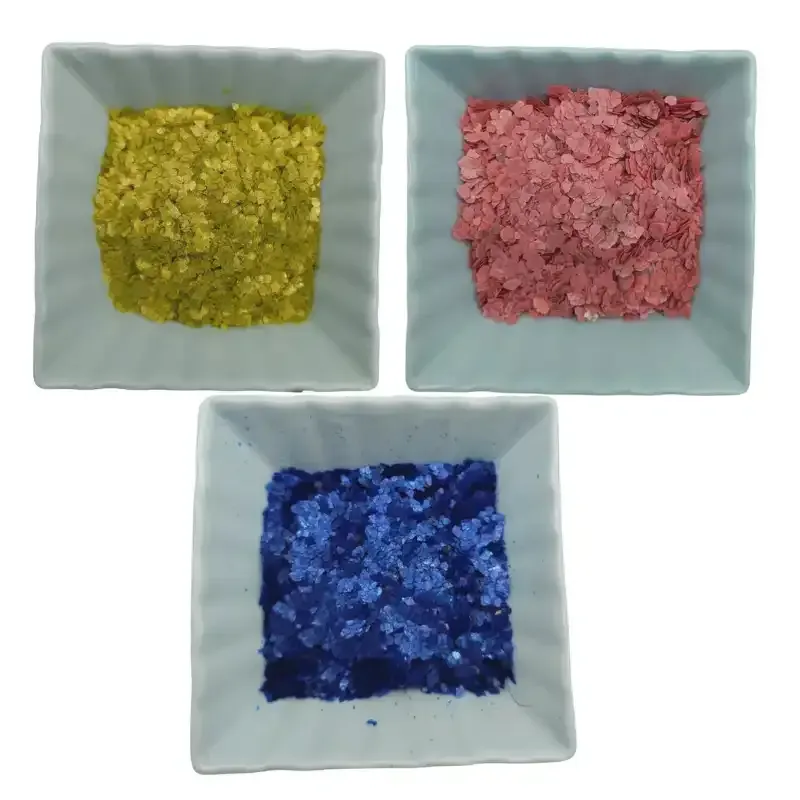
Exploring the Properties and Applications of Zeolite and Bentonite Clays in Various Industries
Zeolite and Bentonite Two Versatile Minerals Shaping Modern Applications
Zeolite and bentonite are two natural minerals that have garnered significant attention in various fields due to their unique properties and versatility. Both materials are extensively used in industries ranging from agriculture and construction to environmental remediation and pharmaceuticals. Understanding their characteristics, applications, and benefits can provide valuable insights into their pivotal roles in modern technology and sustainability.
What is Zeolite?
Zeolites are a group of volcanic minerals characterized by their porous structure and the ability to exchange cations. These minerals are formed from the alteration of volcanic glass and consist predominantly of silica and alumina. Their unique crystalline structure allows zeolites to trap water molecules and cations, leading to numerous applications. There are over forty naturally occurring types of zeolites, with clinoptilolite being the most widely used for commercial purposes.
One of the most notable features of zeolite is its ion-exchange capacity, making it an excellent material for water purification and wastewater treatment. Zeolites can remove heavy metals and ammonium ions from contaminated water, thereby playing a crucial role in environmental sustainability. Moreover, zeolite’s ability to retain water while facilitating aeration makes it beneficial in agriculture, improving soil quality and enhancing plant growth.
What is Bentonite?
Bentonite, on the other hand, is a clay mineral primarily composed of montmorillonite. It is formed from the weathering of volcanic ash and is characterized by its ability to swell when mixed with water, forming a gel-like consistency. Bentonite is typically categorized into two types sodium bentonite, which swells significantly when wet, and calcium bentonite, which has a smaller swelling capacity.
The swelling properties of bentonite contribute to its wide range of applications. In the construction industry, bentonite is used as a sealant in landfills, ponds, and basements because it can prevent water seepage. It is also employed in drilling mud for oil and gas extraction, where it stabilizes boreholes and aids in the removal of cuttings. Additionally, bentonite is utilized in the pharmaceutical and food industries due to its adsorptive properties that help in removing toxins and impurities.
zeolite and bentonite

Complementary Roles in Agriculture
Both zeolite and bentonite have proven to be invaluable in agriculture as soil amendments. Zeolites enhance soil fertility by improving nutrient retention and reducing leaching, while also aiding in moisture retention. Their cation-exchange capacity allows for the gradual release of nutrients to plants, promoting healthier growth and higher yields.
Bentonite, in contrast, improves soil structure by increasing aeration and water retention, particularly in sandy soils. When mixed with soil, bentonite can enhance its ability to retain moisture, making crops more resilient to drought conditions. The combination of both minerals can be particularly beneficial, offering a synergistic effect that enhances soil quality.
Environmental Remediation and Sustainability
In recent years, the environmental applications of zeolite and bentonite have gained traction, especially in the context of sustainability. Zeolite’s capability to remove pollutants from water and air emphasizes its potential in cleaning up contaminated sites. Bentonite, with its ability to encapsulate and immobilize hazardous waste, serves as an eco-friendly solution in waste management.
Both minerals facilitate sustainable agricultural practices, allowing for efficient resource usage while minimizing environmental impact. Their natural abundance makes them cost-effective alternatives to synthetic materials, thereby promoting eco-conscious practices in various industries.
Conclusion
Zeolite and bentonite are not just ordinary minerals; they are integral components shaping a sustainable and efficient future. Their diverse applications across multiple fields underscore their importance in tackling some of the most pressing challenges facing modern society. As research continues to explore their potential, zeolite and bentonite will undoubtedly remain at the forefront of innovation in agriculture, environmental science, and beyond.
Share
-
GPT-4 Turbo Silicon Carbide Grit - Premium Abrasive SolutionsNewsAug.04,2025
-
Premium Glass Sand Solutions | High Purity SupplyNewsAug.03,2025
-
Premium Talcum Powder Enhanced with GPT-4 Turbo | Soft & Long-LastingNewsAug.02,2025
-
Fly Ash Solutions Enhanced by GPT-4 Turbo | Sustainable InnovationNewsAug.01,2025
-
Natural Premium Bentonite Cat Litter - Superior ClumpingNewsJul.31,2025
-
Premium Resin Coated Sand - High Heat Resistance CastingNewsJul.31,2025






